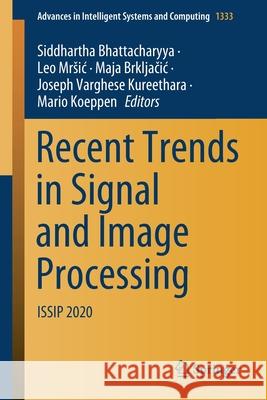Recent Trends in Signal and Image Processing: Issip 2020 » książka
topmenu
Recent Trends in Signal and Image Processing: Issip 2020
ISBN-13: 9789813369658 / Angielski / Miękka / 2021 / 160 str.
Kategorie:
Kategorie BISAC:
Wydawca:
Springer
Seria wydawnicza:
Język:
Angielski
ISBN-13:
9789813369658
Rok wydania:
2021
Wydanie:
2021
Numer serii:
000453356
Ilość stron:
160
Waga:
0.26 kg
Wymiary:
23.39 x 15.6 x 0.97
Oprawa:
Miękka
Wolumenów:
01
Dodatkowe informacje:
Wydanie ilustrowane











